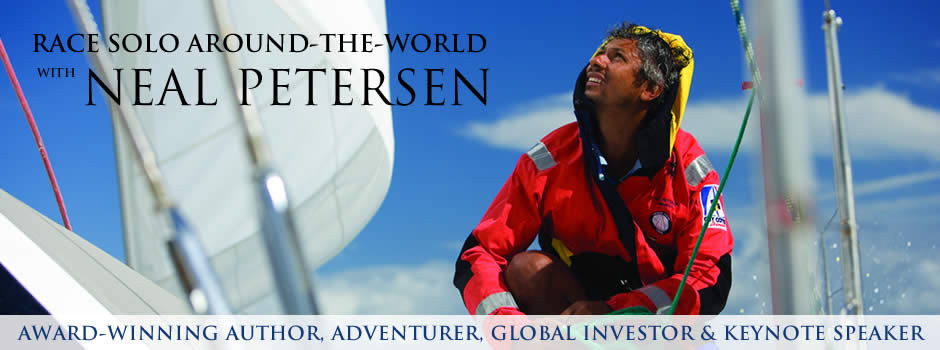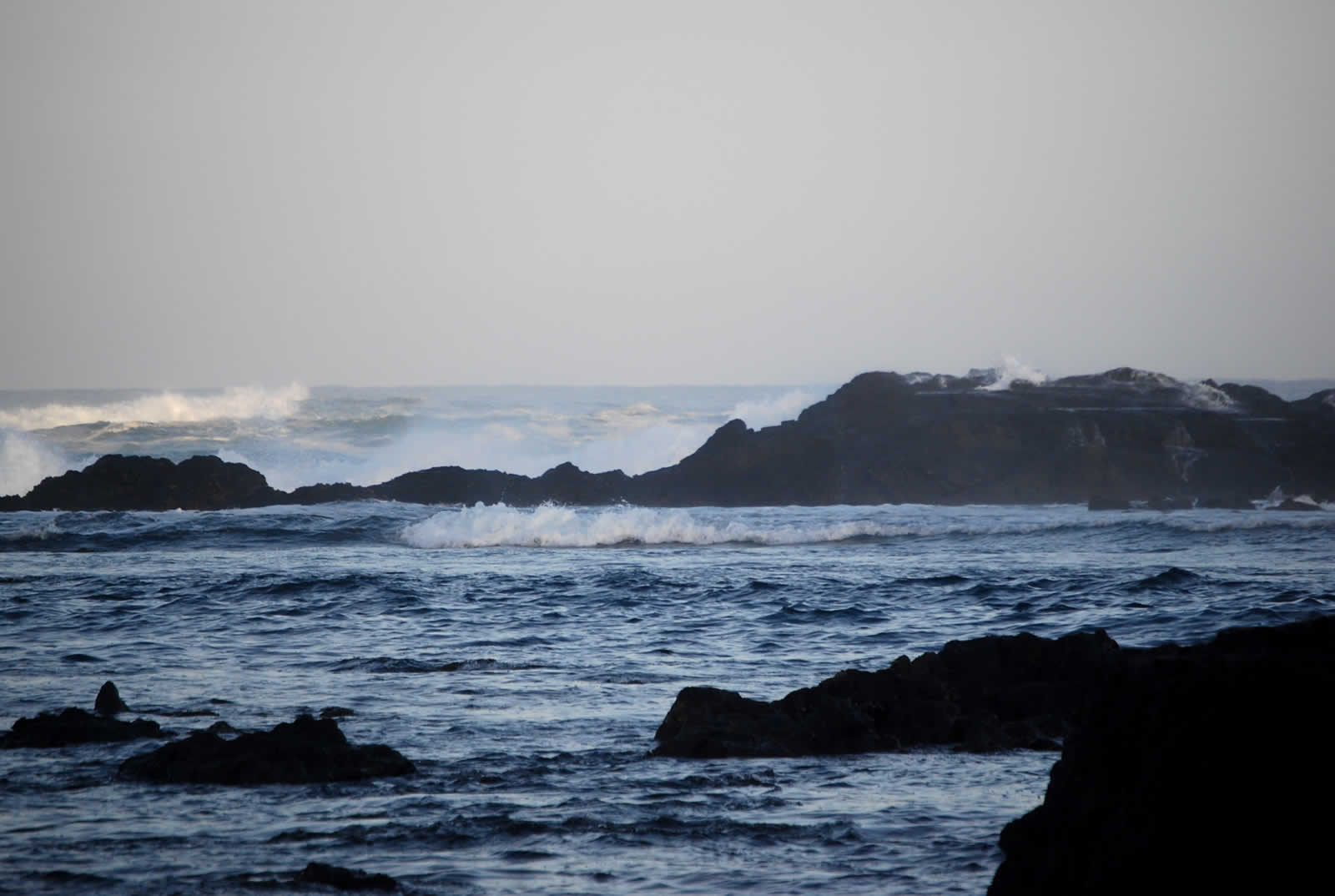We travel to various locations, recently Trinidad to look at the impact of youth sailing programs and understand if there is a correlation on the marine industry and what is the possible impact on small island nations or coastal countries.
While in Power Boats yard, Trinidad, a friendship was forged and a request to speak at Trinidad and Tobago Sailing Association, TTSA, where we previously had anchored. Youth sailing in Trinidad is on the decline our new friend wanted me to inspire what youth I could at the sailing school, but I decided that this could go wider and hopefully have a much larger impact. I want to understand what is happening with youth, how sailings impacts their lives and a counties economy. It was time to go digging and working.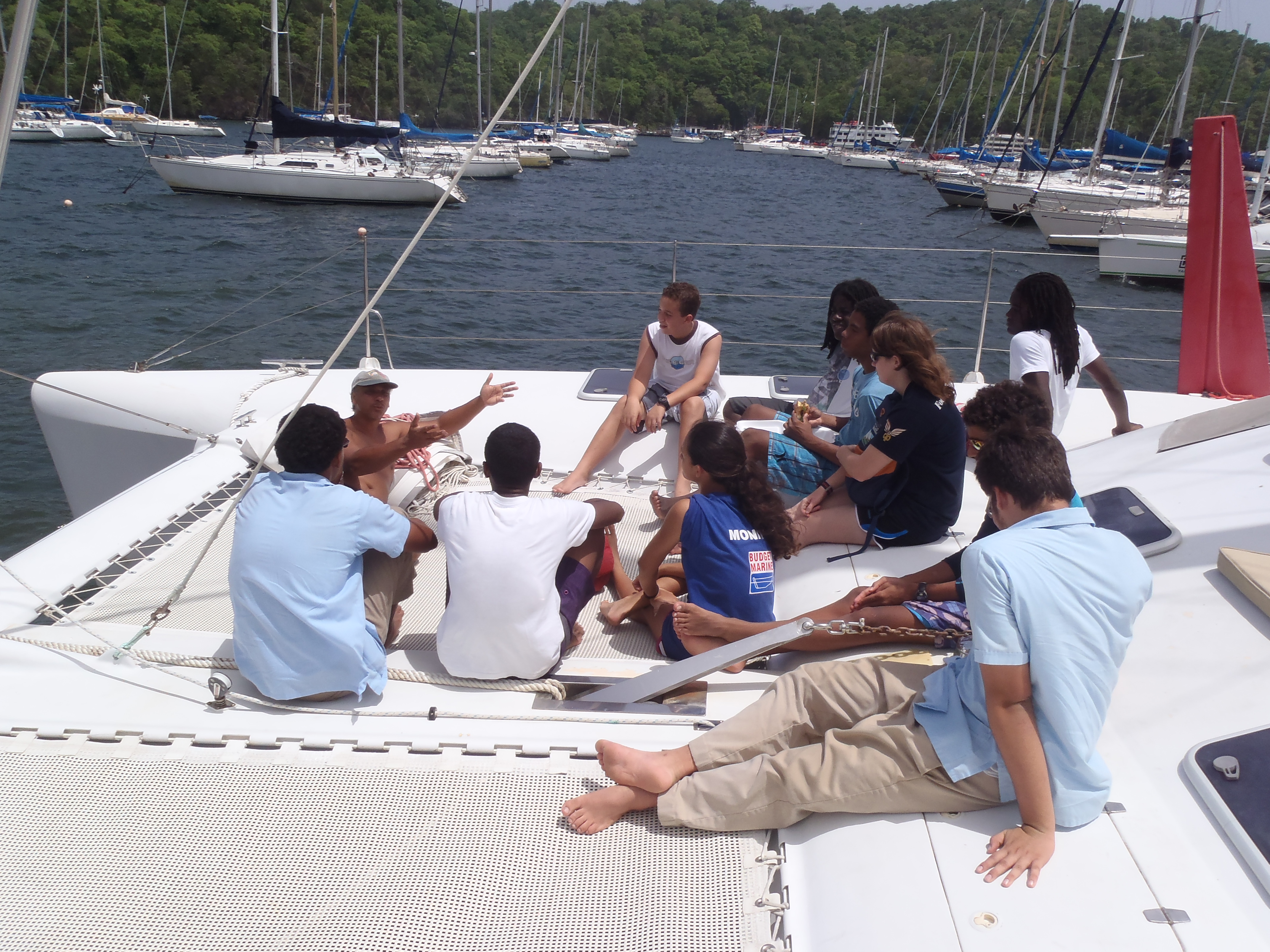
Paul is the sailing program coordinator at TTSA, from the UK, married to a local woman and trying to make as large a contribution to this community possible. He became a close ally and educator pointing us in the right direction and organizing our needs. Trinidad gets the majority of its revenue from oil related services of oil wells with its lucrative revenues, jobs in the industry from service, construction and oil management, shipping, exploration. The revenues are immense, but unfortunately – only enjoyed by the top 2-3 % of the country and does not trickle down to the working-class person. Most people support this industry but are not huge earners from it as in Middle Easter oil states. Trinidad unlike its sister neighboring island, Tobago, has very little tourism other than yachting tourism. Boats come here for refits and maintenance work as it is outside of the hurricane belt.
All is not paradise. Crime in Trinidad has shaken confidence resulting in many vessels not coming in past years. With the oil boom, some shipyards that traditionally catered to the yachting community, stopped lifting yachts and re-allocated that space to small commercial vessels supporting the oil industry. As we hired some local labor asking how their businesses were doing, they indicated that a growing portion of their work were on these small commercial vessels. A concerning problem that has been emerging along with the decline of young sailors. There are fewer local yacht owners, less crew available for these boats, fewer people working on the sailing boats and supporting the industry around them.
Many youth today are caught up in the electronic age of instant messaging, text messages and gaming. It was very noticeable over the last year how many hours’ young people are looking down at a tiny screen, looking inward instead of up and outward to their fellow sailors and environment. They are living in duel realities. Sailing is a slow, pains-taking sport sprinkled with moments of excitement and terror, then returning to its normal tortoise like pace. Many find sailing boring. Hence the decline in junior sailing programs, along with the stigma that sailing is for the rich and elite, an attitude many yacht clubs have achieved and maintained with their high membership fees.
Paul and I convened a meeting between the different stakeholders of sailing that included older sailing members, educators and his group of junior sailing councilors who were training and preparing for summer camp the following week. These young sailors were enthusiastic and skilled, but noticeably were becoming smaller numbers. They loved the sport and saw its future, with ambitions to someday work in the industry as boat builders or naval architects. But alas, these were the committed minority. We wanted to encourage them in their endeavors, but it was their peers that were not present who need our support most.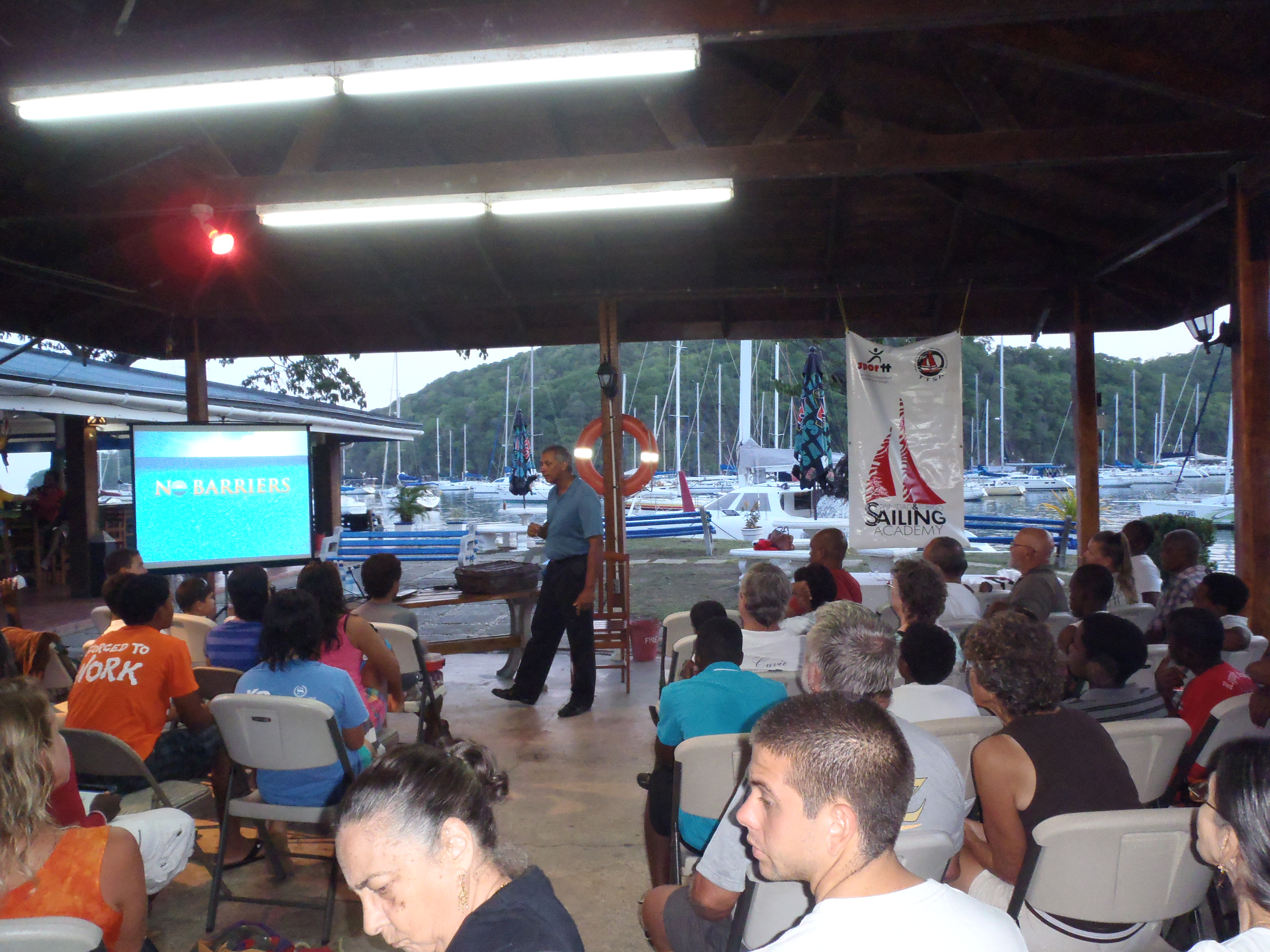
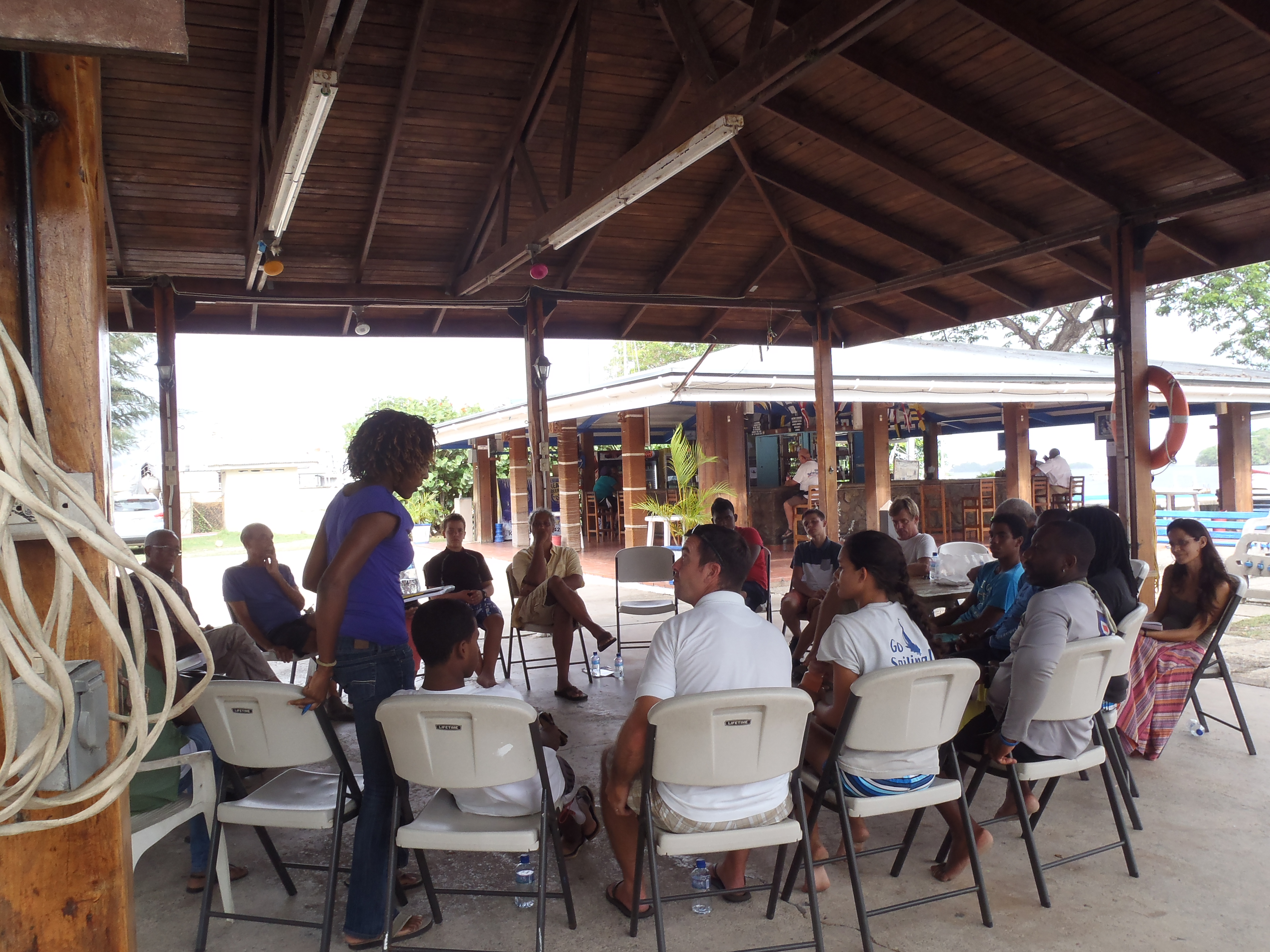
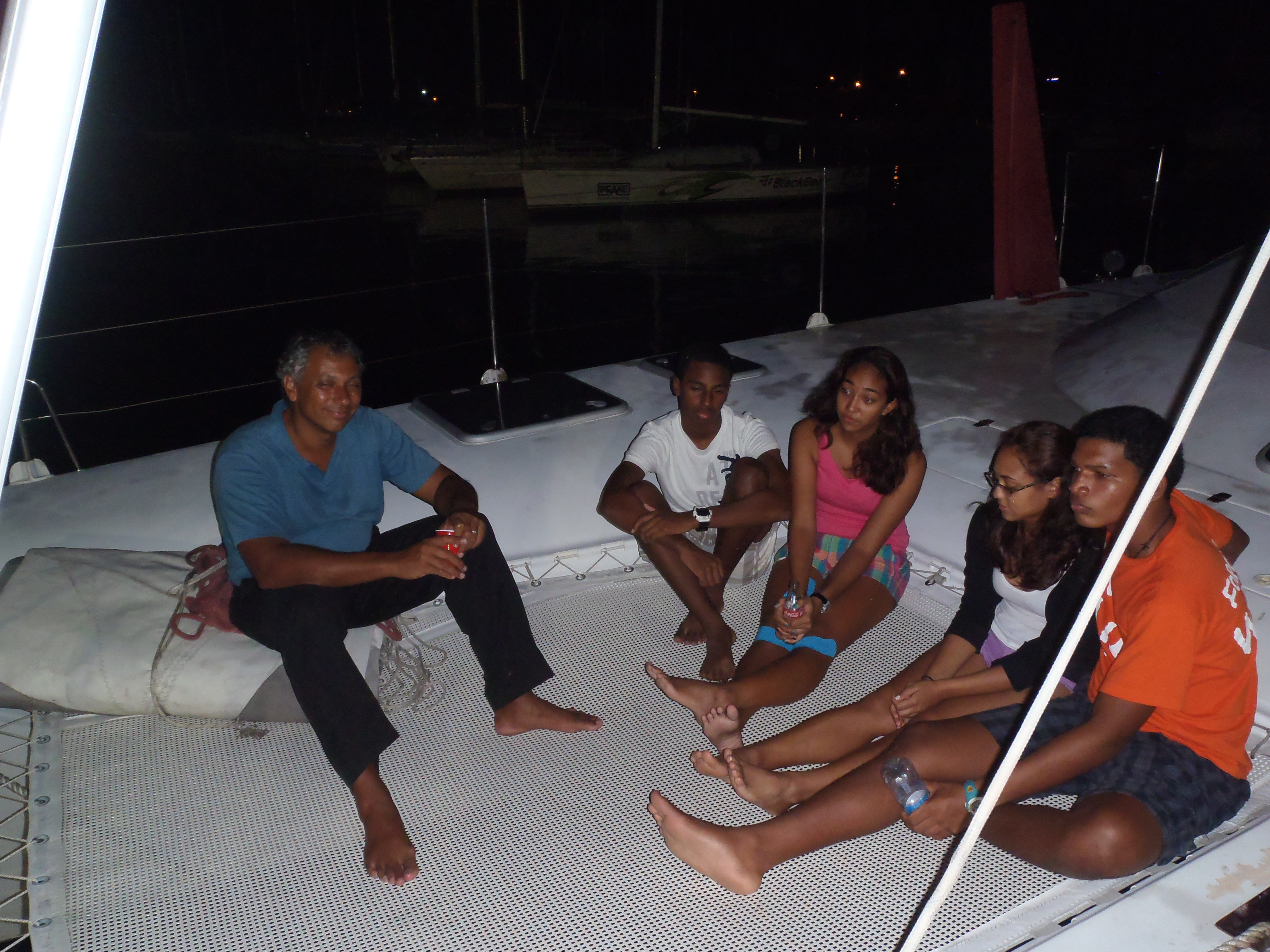
Sailing is a sport of those who have financial means. It is not an inexpensive undertaking and requires a huge commitment not just of resources, but time and dedication. The lessons of sailing apply well in life and many sailors have become great business leaders, as many wealthy business leaders spend vast sums of money in yacht racing and their passion of the sea.
I am looking at the correlation between countries that have huge tourism markets, inviting coastlines, and the investments that they are attracting because of the boating communities. Yachtsmen spend money in ports. Some sailors spend more so than others, but all spend. There are those who are on fixed incomes and live very frugally, but there is a huge yacht charter market that is thriving, and boat owners who are spending time anchored in the places they love, where they are spending substantial resources collectively. They are stimulating local economies, but also are more supportive of expanding businesses and investment into their favorite economies. Transient currency of the well off wants beautiful places where they are catered to and feel secure.
Islands that have lost their security with crimes on tourism are in decline. Resources are shifting slowly and steadily. Over the next few years as Darlene and I sail various parts of the world, we are trying to put our fingers on these pulses to learn and study trends and changes. My methods are un-orthodox, honing instincts and committing our capitol to places where we like the people and culture. As we interact with all sectors of people, from the super wealthy to those who are not surviving living on less than a dollar a day, there are lessons to be learned that will shape our opinions and my investment strategies altering partnerships. We shall continue to watch how youth sailing in Trinidad may come to alter or impact economic development in this oil rich country.
